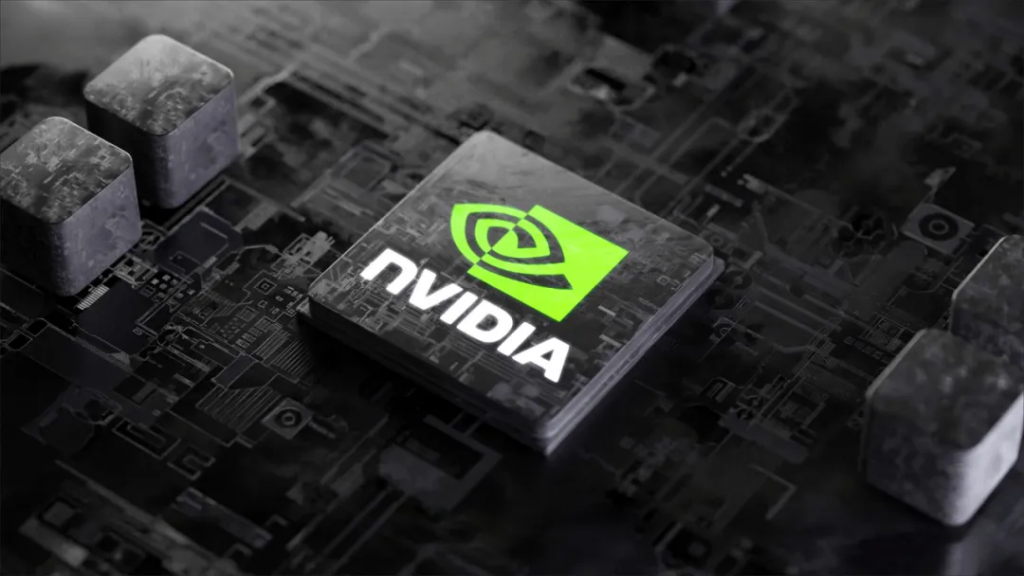Israeli company CytoRisk, which utilizes artificial intelligence to develop disease research models, announced on Wednesday that it has raised $80 million in a private equity round, with participation from Nvidia, Pfizer, Thermo Fisher, and venture capital firm OurCrowd.

Six of the world’s top ten pharmaceutical companies adopt the company’s technology
CytoReason plans to expand the application of its model to more indications and increase its proprietary molecular and clinical data. The company stated that six of the top 10 pharmaceutical companies worldwide use its technology to make data-driven decisions in the fields of immunology, inflammation, immune oncology, metabolism, and other therapeutic areas through AI platform based disease models.
The company also plans to establish an office in Cambridge, Massachusetts later this year.
The company stated that shortening research and development time and increasing the probability of technological and regulatory success (PTRS) are the top priorities for life science companies, and speed, safety, and accuracy are crucial when making asset related research and development decisions. CytoRisk provides molecular level insights and valuable AI tools for the pharmaceutical industry, helping practitioners improve the success rate of phase II clinical trials and optimize their R&D investment portfolios.
According to media reports, Pfizer expanded its partnership with CytoReason in 2022 with a $20 million investment, which could reach $110 million by 2027.
CytoReason said it looks forward to using this new funding to accelerate its growth, further consolidate its position in the market, and enable more pharmaceutical and biotechnology companies to improve the speed and accuracy of cross therapeutic development, thereby benefiting more patients worldwide.
Kimberly Powell, Vice President and General Manager of Healthcare at Nvidia, stated, “Over the past year, CytoReason has strengthened its platform with Nvidia’s latest accelerated computing and AI platform, achieving over 10 times acceleration in inference workloads. Our continued collaboration with CytoRisk will help more life science companies benefit from CytoRisk’s predictive clinical insights
AI based drug development is thriving
According to a previous article by Wall Street Journal, according to BCG’s latest research, the success rate of AI generated drug molecules in phase I clinical trials is as high as 80% -90%, while the historical average is about 50%. Except for Phase I, in Phase II clinical trials, AI found a success rate of 40% for drug molecules. The results indicate that AI has strong capabilities in designing or identifying molecules with drug properties, further demonstrating the clinical potential of AI in discovering molecules.
At the NVIDIA GTC conference, there were 90 events related to healthcare/life sciences, ranking first among all industries and surpassing popular fields such as automotive, cloud services, and hardware/semiconductor.
Novo Nordisk, the world’s hottest pharmaceutical giant, has announced at GTC that it will collaborate with Nvidia to build a supercomputer in Denmark. A spokesperson for the Novo Nordisk Foundation stated that artificial intelligence has the potential to fundamentally change the way complex scientific research is conducted in the fields of health and life sciences. This also represents Nvidia’s ambition to participate in this field.
According to calculations by TD Securities, the digital transformation of the healthcare industry has generated over $1 billion in revenue (including direct and indirect revenue) for technology companies, and over time, the market size may reach billions of dollars.
Analysts point out that currently, the application of AI technology in healthcare covers multiple aspects such as drug discovery, medical equipment and imaging, and digital healthcare systems, all of which Nvidia has already laid out. Subsequently, as the global healthcare industry shifts its research and capital expenditures towards generative artificial intelligence, Nvidia can generate substantial revenue through its powerful computing platform and AI software stack.
In addition, Nvidia announced partnerships with two leading healthcare companies, Johnson&Johnson and GE Healthcare, to reach agreements on the application of artificial intelligence in surgery and the introduction of medical imaging. Nvidia also unveiled over 20 AI driven healthcare tools at the conference.
Leave a Reply